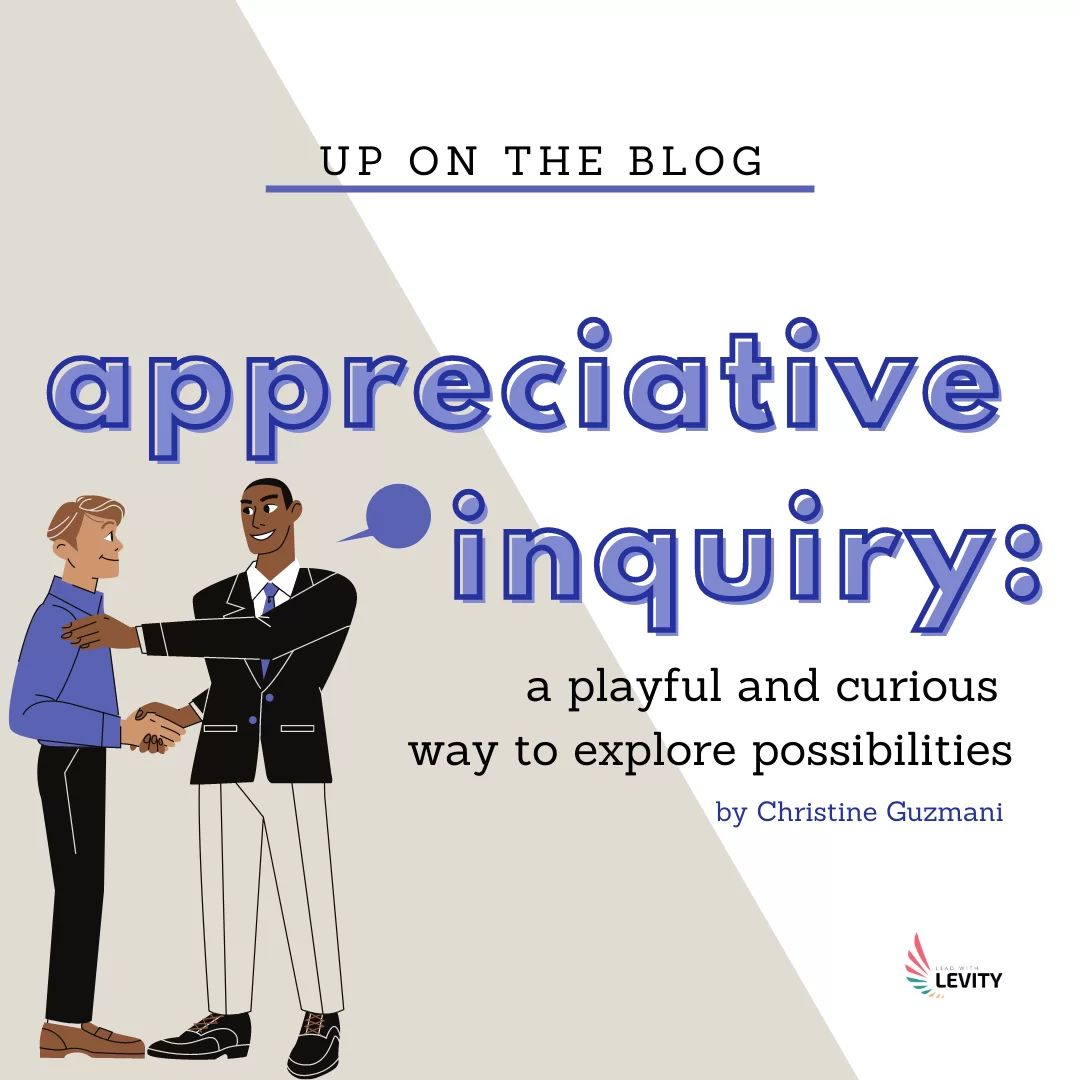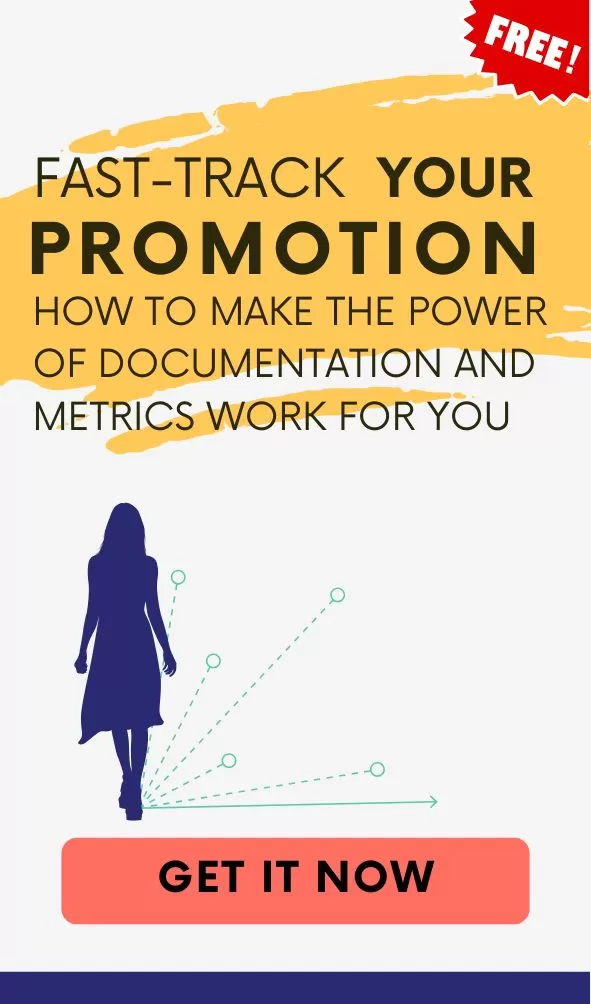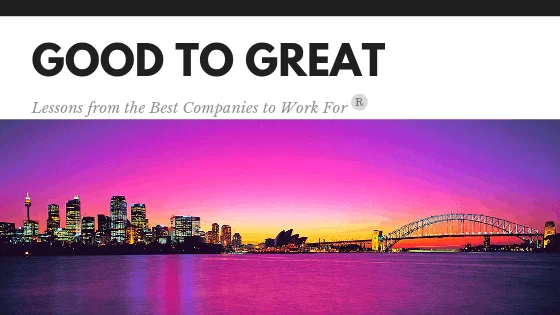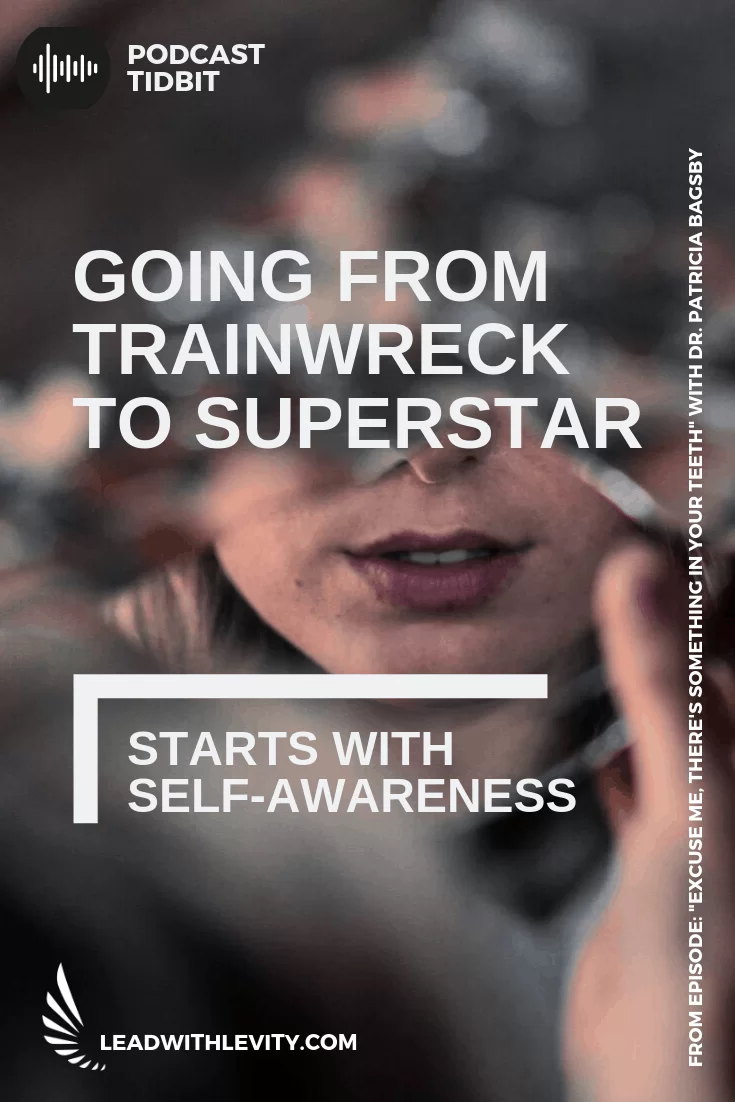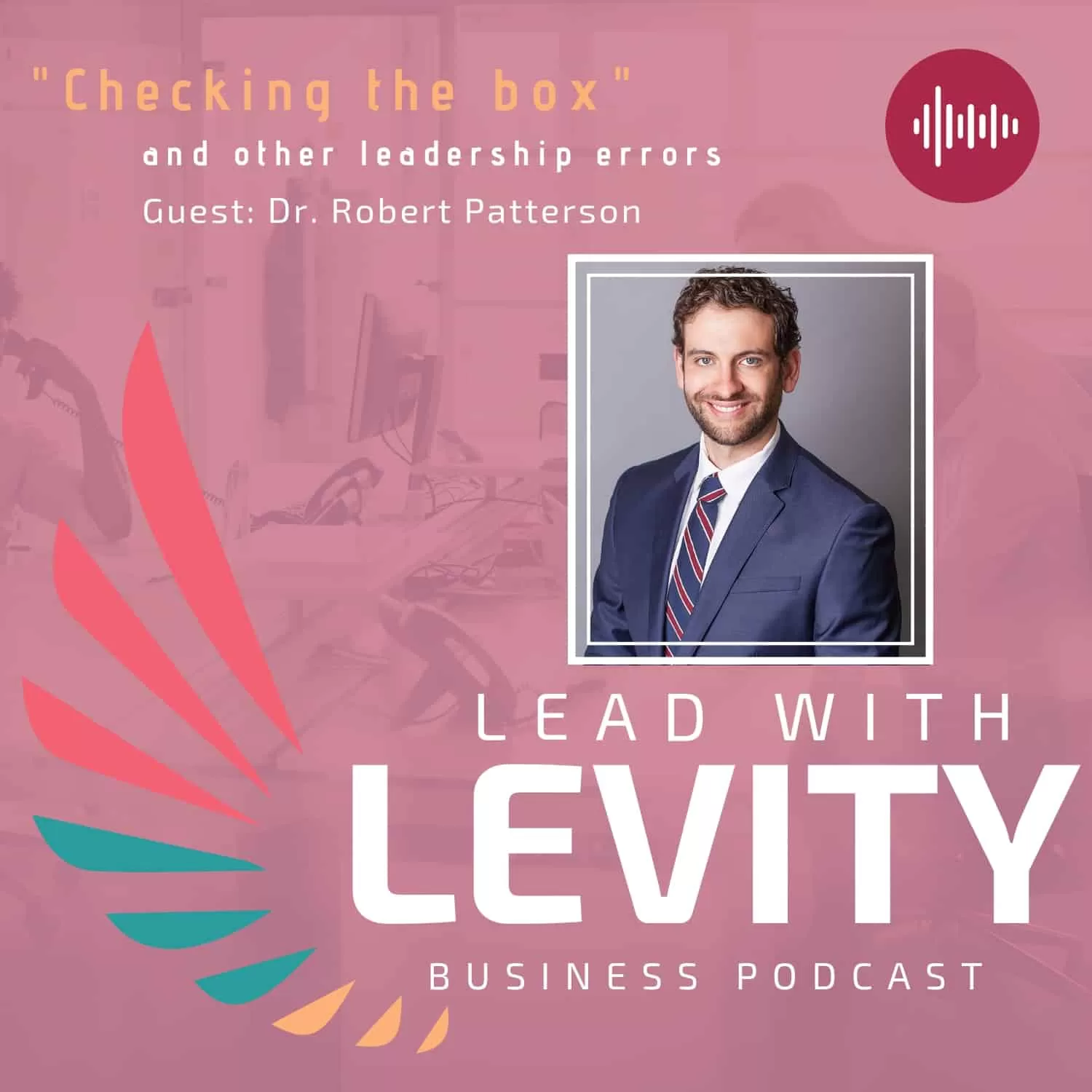In our last episode with Christie Buchele, we learned the mechanics of comedy and received a crash course in how to construct a joke. We’re going to continue to celebrate Humor Appreciation Month with our next guest, Maria Ross, marketing maven. Our focus today is not so much on how to be funny, but how to appreciate the humorous aspects of what’s going on in your life right now, no matter what is going on in your life right now.
In this episode, Heather and Maria discuss:
* Does humor in advertising really work
* Importance of understanding the humor of your ideal audience
* How humor can be the secret weapon
* What is Humor in the workplace?
* Importance of using authentic humor
This is the third time that Maria has appeared on the Lead with Levity podcast. If you like this episode, you’ll love the others too:
- Episode 24: Why employees need storytelling and marketing too
- Episode 61: Will customers still like you?
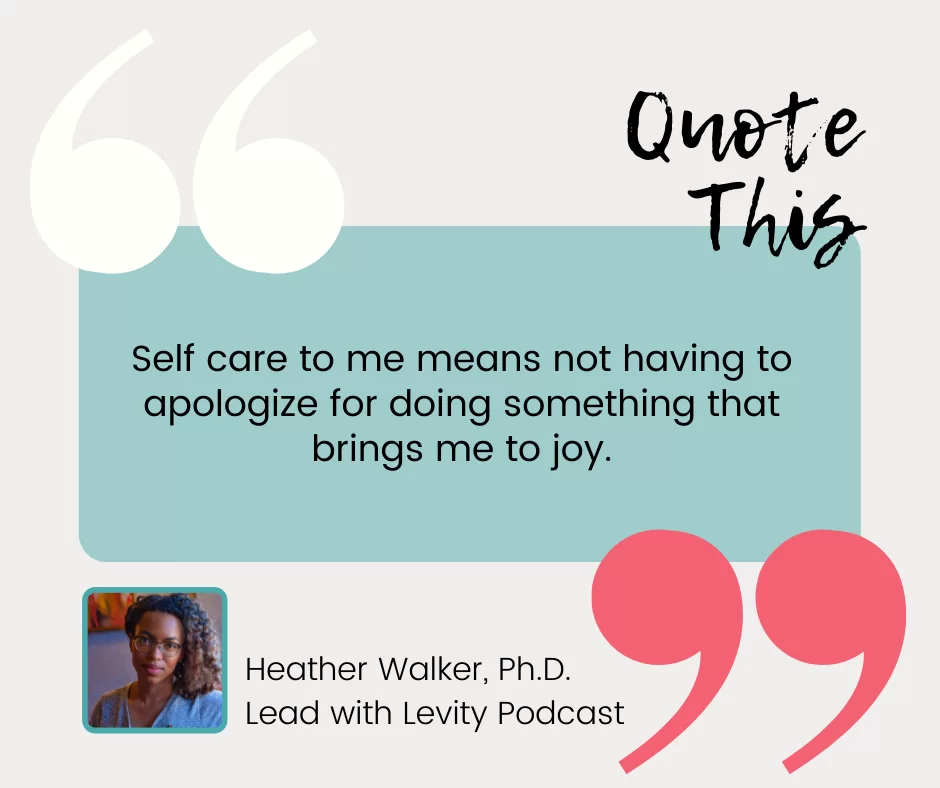
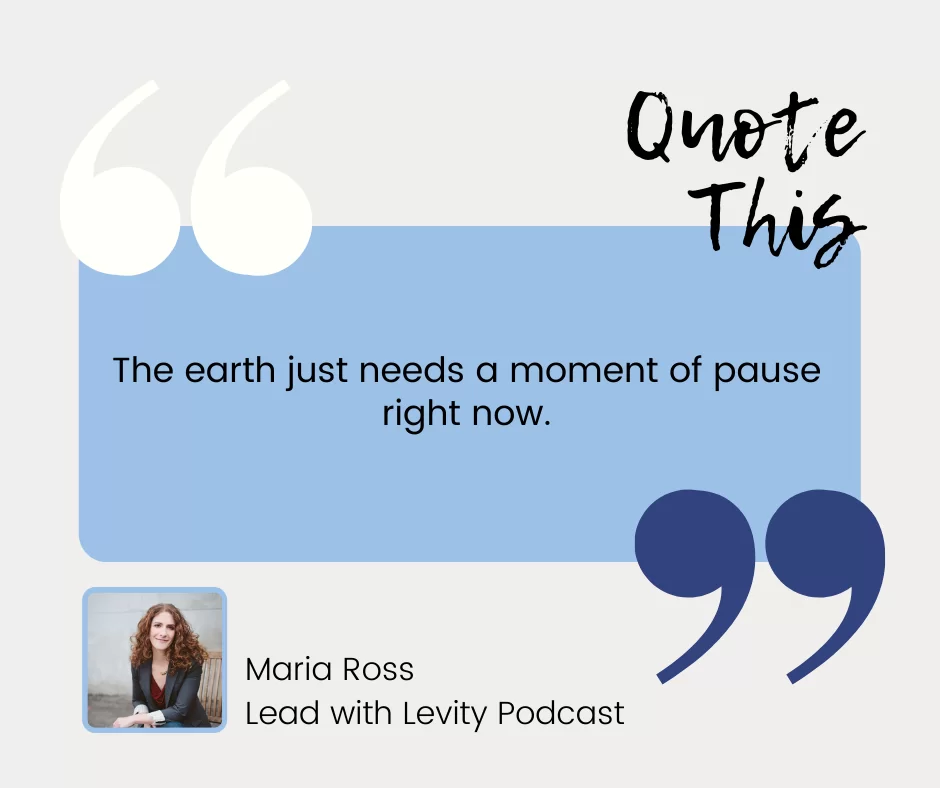
The Power of Humor in Leadership
Humor does more than make us laugh—it’s a marker of resilience. As Maria points out:
“When someone has a good sense of humor, it’s a marker of how they approach challenges. If they can find humor in a negative situation, I know they’re the type of person I can count on in a crisis. They’re not going to freak out when things get tough.”
Humor also makes us more approachable and human. Leaders who can laugh at themselves, share a funny story, or lighten the mood foster trust and camaraderie in their teams. But like any tool, humor must be wielded with care. It’s essential to know your audience and avoid humor that alienates or undermines your credibility.
The Role of Humor in Marketing
Humor is a powerful marketing tool—but only if used authentically. Maria, a branding expert, stresses the importance of understanding your audience before injecting humor into your messaging.
Here are her tips for using humor effectively in marketing:
- Know Your Audience: Humor isn’t one-size-fits-all. What makes one group laugh might alienate another. Spend time getting to know your ideal customer’s personality, values, and sense of humor.
- Reflect Their Reality: The most effective humor stems from truth. When you highlight relatable scenarios your audience faces, your messaging will resonate. Think of those diaper commercials that capture the chaos of parenting with a humorous twist—it’s funny because it’s true.
- Stay Authentic: Don’t chase trends or try to force humor if it doesn’t align with your brand. The goal isn’t to be funny for the sake of it; it’s to connect with your audience in a meaningful way.
A great example of humor in marketing is Method cleaning products. Their ads and packaging are delightfully witty and playful, reflecting their brand’s approachable, eco-conscious vibe. By contrast, humor wouldn’t feel as appropriate for a funeral home or legal practice—though even these industries might use light-hearted messaging sparingly in certain contexts.
How Humor Builds Resilience
Humor isn’t just a marketing tactic or a leadership skill—it’s a lifeline. Maria knows this firsthand. In her memoir Rebooting My Brain, she shares how humor helped her recover from a ruptured brain aneurysm that nearly killed her.
“One of the lessons I always share is that humor helped me reclaim my identity during recovery. Even in the darkest times, finding moments to laugh made everything more manageable.”
Maria’s perspective aligns with research showing that humor lowers stress, improves creativity, and helps us navigate adversity. Whether you’re facing a personal crisis or tackling a major work project, laughter can lighten the load.
When Life Feels Overwhelming, Humor Can Help
If you’ve ever felt like the weight of the world is on your shoulders, Maria has some advice:
- Find the Funny: Even in tough times, there’s often a sliver of absurdity worth laughing about. Humor can help reframe challenges and restore perspective.
- Connect Through Laughter: Surround yourself with people who make you laugh and lift your spirits. Watch a stand-up special, revisit a favorite comedy, or try a laughter yoga class to shake off the stress.
- Give Yourself Permission to Laugh: Self-care isn’t just about massages and bubble baths—it’s about doing what truly brings you joy. And sometimes, joy is as simple as a good belly laugh.
Humor as a Leadership Skill
For leaders, humor is more than a nice-to-have—it’s a vital tool for fostering connection, trust, and resilience within teams. As Maria puts it:
“The best work relationships I’ve had have been with teams that shared a similar sense of humor. It made work fun and created an environment where people felt safe to be themselves.”
Final Thoughts
Whether you’re leading a team, marketing a product, or navigating life’s twists and turns, humor is an invaluable resource. It helps us connect, cope, and thrive—even in the toughest of times.
So, what’s your next step? Find your favorite comedy special. Swap a silly story with a friend. Or simply take a moment to laugh at the absurdities of life. After all, as Maria reminds us: “Humor is self-care.”
About Maria Ross
Hello! I’m Maria Ross, the founder of RED SLICE.
As a brand strategist, author, speaker, podcast host, and actress (when I have time!) I believe cash flow, creativity, and compassion are not mutually exclusive.
My infatuation with the power of storytelling started young. From dominating my kindergarten classroom to delighting theatre patrons to directing brand strategies, I’ve been entertaining and educating audiences from the moment I could walk.
I’ve authored multiple books, including my most recent, The Empathy Edge (named by Forbes as a Top 11 book redefining leadership), and I’m the host of The Empathy Edge podcast.
See, empathy is at the root of all successful brands, movements, and stories. It’s a key competitive advantage. And I understand the power of empathy on both the brand and personal levels: In 2008, shortly after launching my business, I suffered a ruptured brain aneurysm that almost killed me and inspired my best-selling memoir, Rebooting My Brain. It tells the story of my brain aneurysm and near-miraculous recovery—with tongue-in-cheek humor and levity (yes, really).
As a brand and empathy expert, my insights have been featured in many media outlets such as MSNBC, NPR, Entrepreneur, and Forbes.com – and a slew of podcasts and video shows. As a keynote and workshop speaker, I’ve delighted live and virtual audiences ranging from TEDx to Women in Tech Regatta to BlogHer to The New York Times to Salesforce – and livened up many conferences and company events. My writing has appeared in media such as Entrepreneur.com, Newsweek, MarketingProfs, Life By Me, and The Huffington Post. I’m based in the San Francisco area with my husband, young son, and the memory of my first Chief Morale officer, Eddie the Wonder Dog, but I work with clients all over the world. (Email, phone, and Zoom make everything possible).


